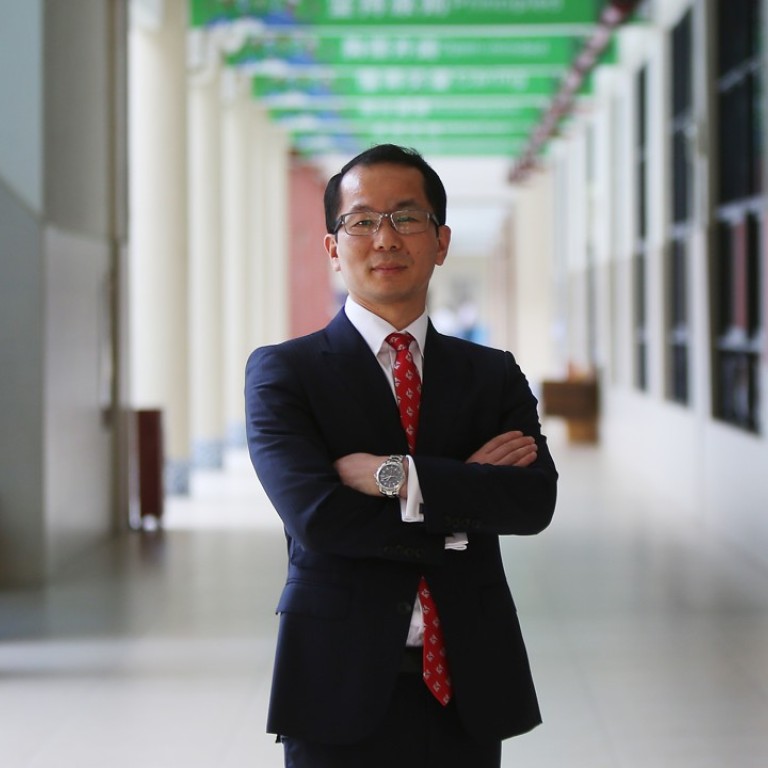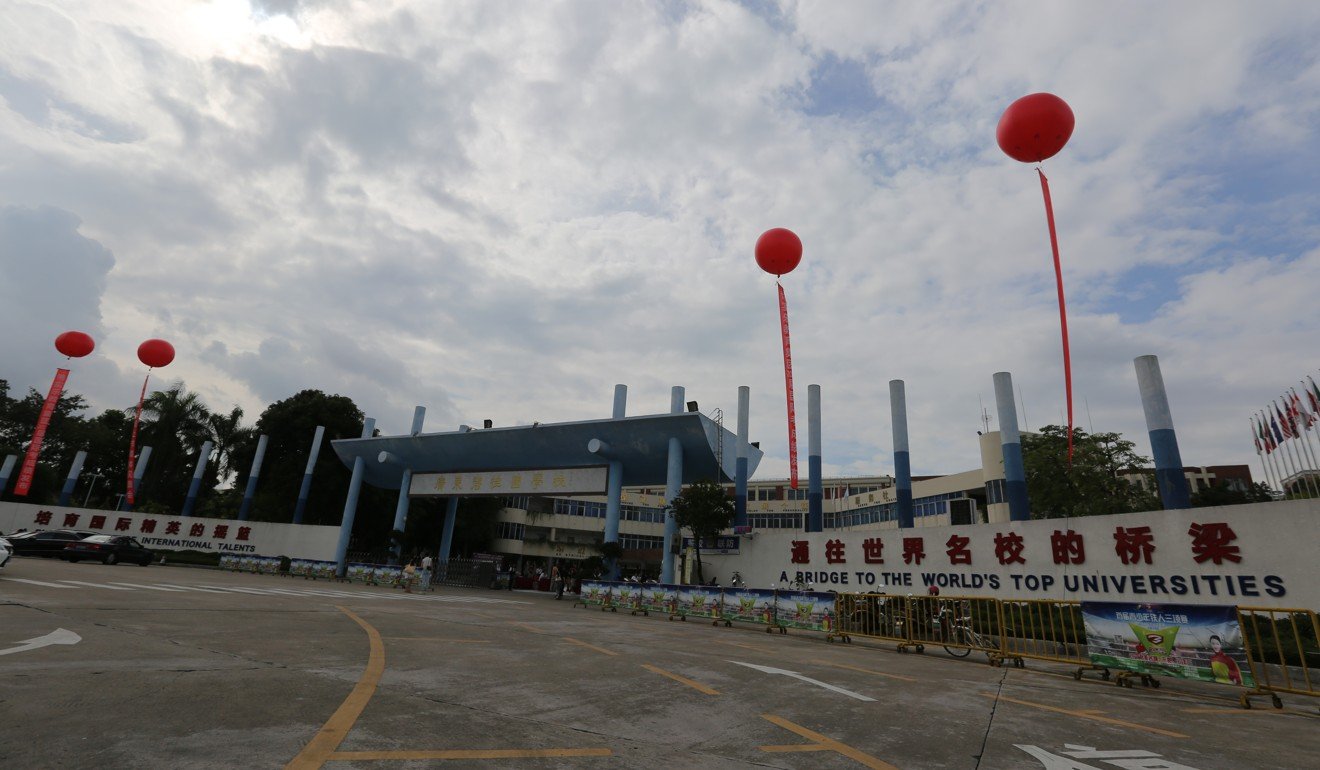
China’s top private education provider eyes expansion in first-tier cities as step towards global brand
Bright Scholar Education, the largest operator of K-12 international and bilingual schools in China by number of students, plans to open facilities in Beijing and Shanghai as the next step in its market expansion.
The company has also set an ambitious goal of becoming a global education giant in the longer term by establishing schools in Britain and the United States, the company’s top executive told the South China Morning Post.
Based in Foshan city, Guangdong province, Bright Scholar was founded in 1994 by property tycoon Yeung Kwok-keung, who also owns China’s third-largest homebuilder Country Garden, to tap into a growing upper-middle class willing to pay a premium for Western education.
The education company listed publicly in New York last month, raising US$157.5 million.
“We plan to start a school in Beijing or Shanghai as soon as possible, hopefully in 2019,” chief executive He Junli told the Post in Foshan. “This will largely strengthen our brand power. If we can be the best school in Beijing, we will be the best school across the nation.”
If we can be the best school in Beijing, we will be the best school across the nation
Despite the fact that there are already over 80 international schools in Beijing, He said Bright Scholar was confident in drawing students from other schools, citing figures to show that 87 per cent of its international school graduates in 2017 received offers from the top 50 global universities under QS world rankings, including Cambridge and Oxford.

However, He admitted that it isn’t easy to find a good location to build a school in some of China’s top cities given expensive land prices and limited land supply. The company plans to acquire the land itself, which could cost some 1 billion yuan (US$147 million) for 60,000 to 130,000 square metres in both cities.
Since establishing its first school in Foshan under the Country Garden brand, Bright Scholar has expanded its network to 51 schools across seven provinces in China, covering kindergartens, elementary and secondary learning institutions.
Yeung’s sister Yang Meirong, and his daughter, 35-year-old Yang Huiyan, together own a 80 per cent stake in Bright Scholar.
Most of the schools are in China’s third tier cities, close to Country Garden residential developments, with school houses mostly rented from the developer.
Bright Scholar was loss making until 2016 when it posted a net gain of 2.9 million yuan.
He Junli said the company’s first half net profit in 2017 “doubled” from the same period last year, as the company’s cost control structurehas been improved.
Currently, teachers’ salaries account for 50 per cent of the company’s expenses, much higher than the industry average of 30 per cent.

“We charged too low on tuition fees in the past,” he said.
The average annual tuition fee for Bright Scholar’s international and bilingual schools is 78,000 yuan, while the cost for its flagship Guangdong Country Garden senior high school is 150,000 yuan per year.
The school operator is also looking beyond China. Besides planned schools in Johor Bahru, Malaysia, where Country Garden has built its Forest City project, the company wants to establish schools in the US and UK in longer term to become a global brand, He said.
On the mainland, He said the company will put more emphasis on developing international schools for grades 10-12 in the future to avoid regulatory risks. A new law effective from September 2017 requires Chinese schools offering programmes from grades 1 to 9 to be non profit entities.

